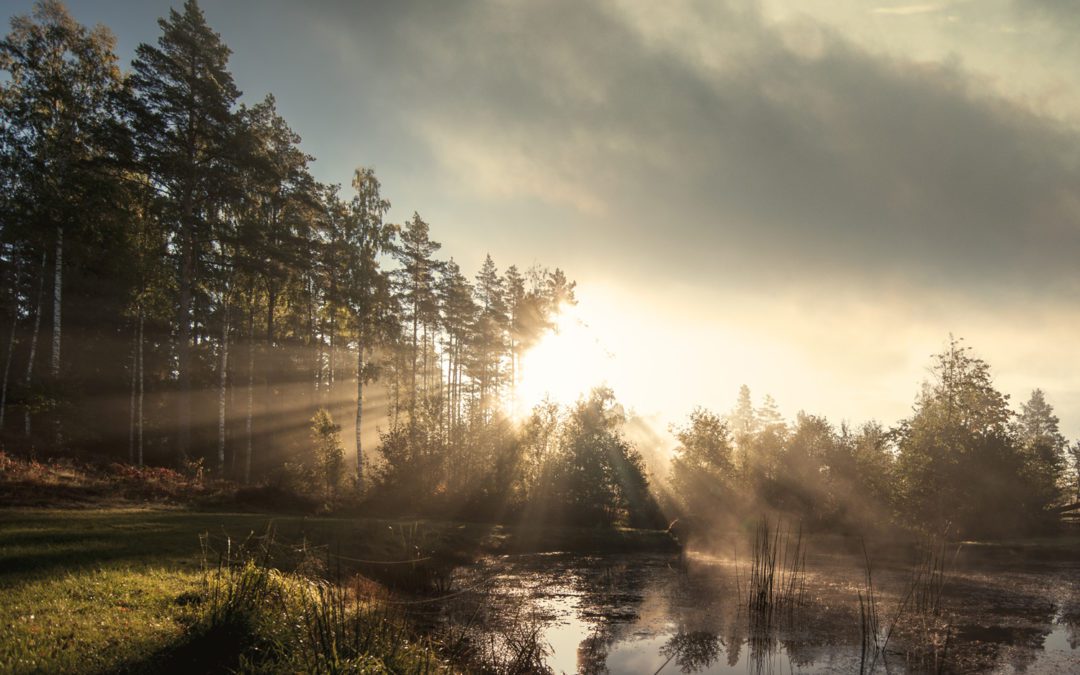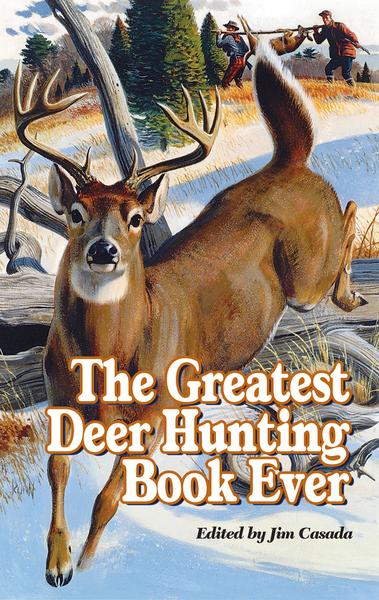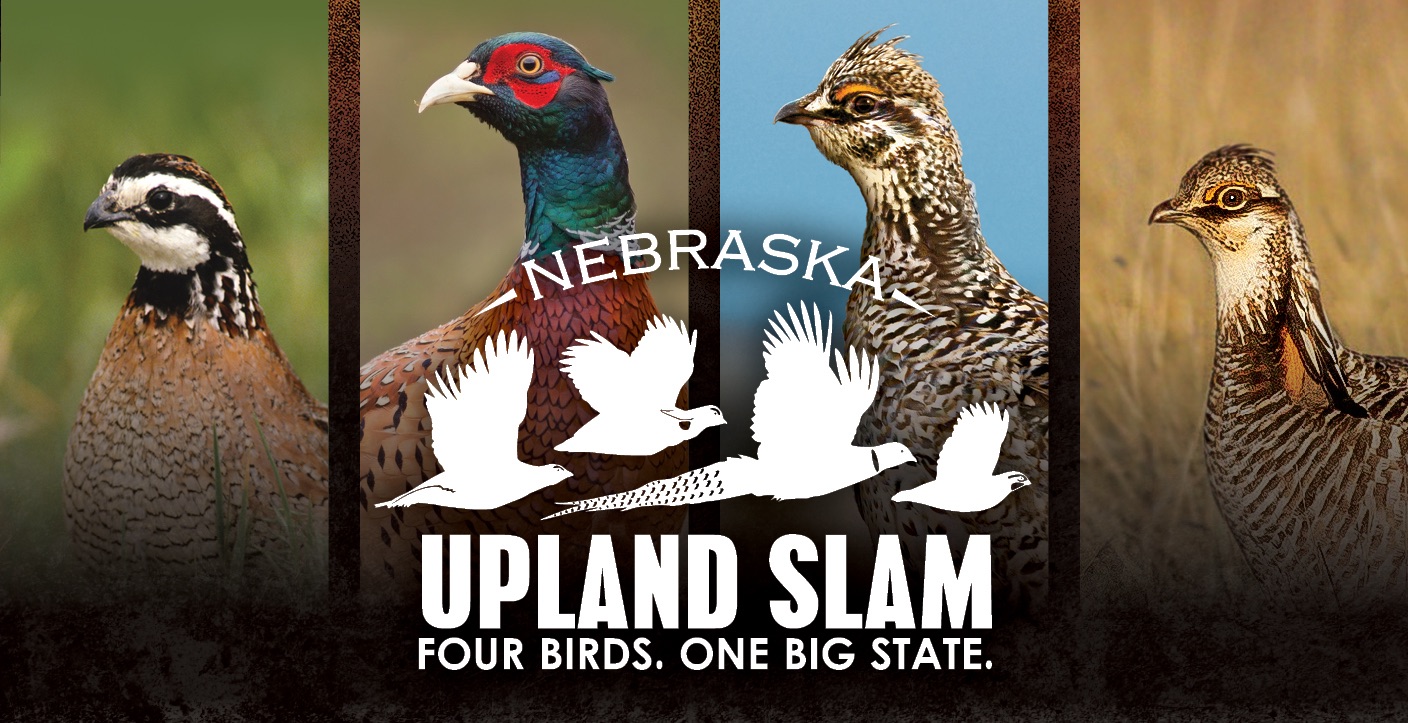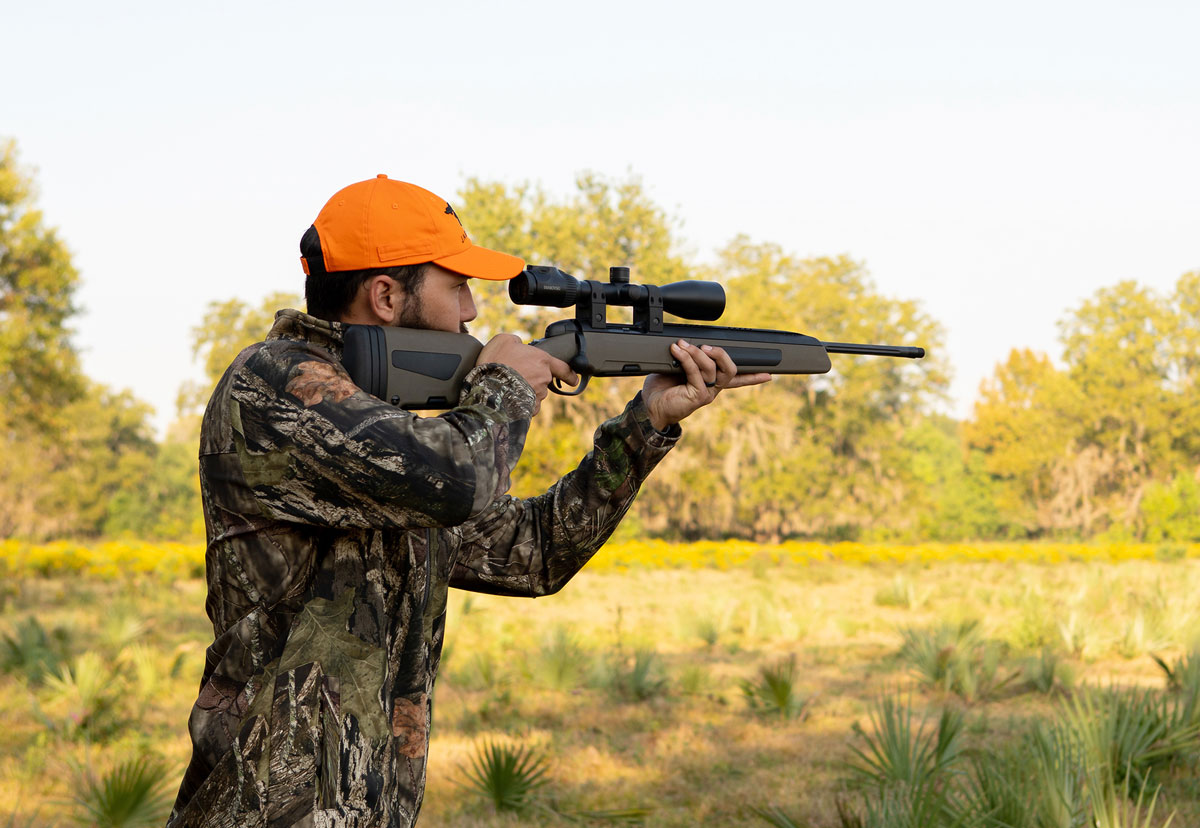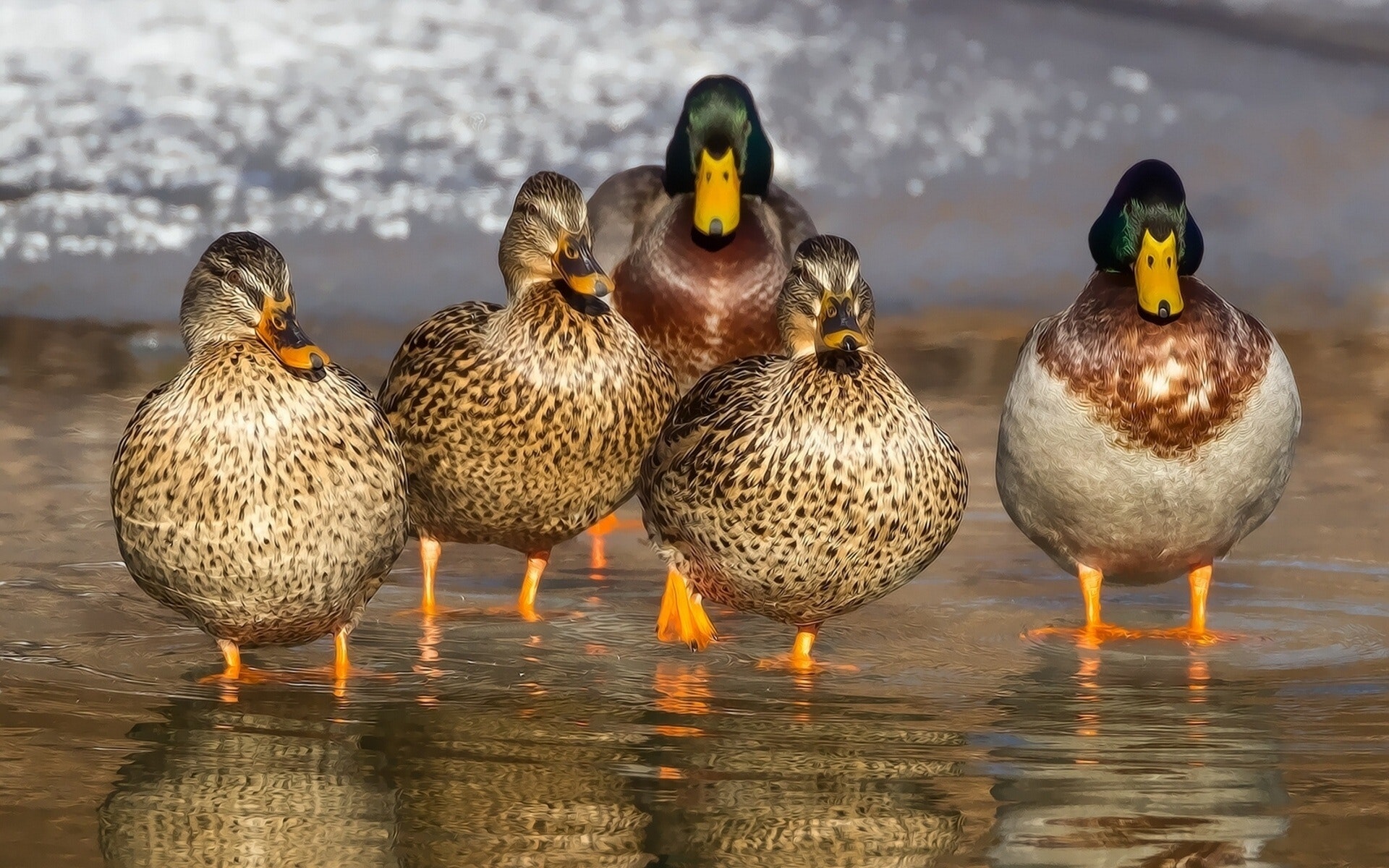Old Eagle had done already took off because he knowed where that old son-of-a-gun would be laying as good as we did, not making no racket at all yet, jest boring on through the buck vines with the other dogs trailing along behind him.
 Even Dan seemed to know about that buck, too, beginning to souple up and jump a little through the vines, so that I taken my holt on Mister Ernest’s belt already before the time had come for Mister Ernest to touch him. Because when we got strung out, going fast behind a deer, I wasn’t on Dan’s back much of the time nohow, but mostly jest strung out from my holt on Mister Ernest’s belt, so that Willy Legate said that when we was going through the woods fast, it looked like Mister Ernest had a boy-size pair of empty overalls blowing out of his hind pocket.
Even Dan seemed to know about that buck, too, beginning to souple up and jump a little through the vines, so that I taken my holt on Mister Ernest’s belt already before the time had come for Mister Ernest to touch him. Because when we got strung out, going fast behind a deer, I wasn’t on Dan’s back much of the time nohow, but mostly jest strung out from my holt on Mister Ernest’s belt, so that Willy Legate said that when we was going through the woods fast, it looked like Mister Ernest had a boy-size pair of empty overalls blowing out of his hind pocket.
So it wasn’t even a strike, it was a jump. Eagle must’a’ walked right up behind him or maybe even stepped on him while he was laying, there still thinking it was day after tomorrow. Eagle jest throwed his head back and up and said, “There he goes,” and we even heard the buck crashing through the first of the cane.
Then all the other dogs was hollering behind him, and Dan give a squat to jump, but it was against the curb this time, not jest the snaffle, and Mister Ernest let him down into the bayou and swung him around the brake and up the other bank.
Only he never had to say, “Which way?” because I was already pointing past his shoulder, freshening my holt on the belt jest as Mister Ernest touched Dan with that big old rusty spur on his nigh heel, because when Dan felt it, he would go off jest like a stick of dynamite, straight through whatever he could bust and over or under what he couldn’t, over it like a bird or under it crawling on his knees like a mole or a big coon, with Mister Ernest still on him because he had the saddle to hold onto, and me still there because I had Mister Ernest to hold onto; me and Mister Ernest not riding him, but jest going along with him, provided we held on. Because when the jump come, Dan never cared who else was there neither; I believe to my soul he coulda cast and run them dogs by hisself, without me or Mister Ernest or Simon or nobody.
That’s what he done. He had to; the dogs was already almost out of hearing. Eagle musta been looking right up that big son-of-a-gun’s tail until he finally decided he better git on out of there. And now they musta been getting pretty close to Uncle Ike’s standers, and Mister Ernest reined Dan back and held him, squatting and bouncing and trembling like a mule having his tail reached, while we listened for the shots. But never none come, and I hollered to Mister Ernest we better go on while I could still hear the dogs, and he let Dan off, but still there wasn’t no shots, and now we knowed the race had done already passed the standers, like that old son-of-a-gun actually was a hant, like Simon and the other field hands said he was, and we busted out of a thicket, and sho enough, there was Uncle Ike and Willy standing beside his foot in a soft patch.
“He got through us all,” Uncle Ike said. “I don’t know how he done it. I just had a glimpse of him. He looked big as an elephant, with a rack on his head to you could cradle a yellin’ calf in. He went right on down the ridge. You better get on, too; that Hog Bayou camp might not miss him.’’
So I freshened my holt and Mister Ernest touched Dan again. The ridge run due south; it was clear of vines and bushes so we could go fast into the wind. Now the sun was up, though I hadn’t had time to notice it, bright and strong and level through the woods, shining and sparking like a rainbow on the frosted leaves.
We would hear the dogs again any time now as the wind got up. We could make time, but still holding Dan back to a canter, because it was either going to be quick when he got down to the standers from that Hog Bayou camp eight miles below, or a long time, in case he got by them, too. And sho enough, after a while we heard the dogs; we was walking Dan now to let him blow a while, and we heard them, the sound coming faint up the wind, not running now, but trailing because the big son-of-a-gun had decided a good piece back, probably, to put a end to this foolishness and picked hisself up and soupled out and put about a mile between hisself and the dogs—until he run up on them other standers from that camp below.
I could almost see him stopped behind a bush, peeping out and saying, “What’s this? What’s this? Is this whole durn country full of folks this morning?”
Then looking back over his shoulder at where old Eagle and the others was hollering along after him, he had to decide what to do next.
Except he almost shaved it too fine. We heard the shots; it sounded like a war. Old Eagle musta been looking right up his tail again and he had to bust on through the best way he could.
Pow, pow, pow, pow and then pow, pow, pow, pow, like it musta been three or four ganged right up on him before he had time even to swerve, and me hollering, “No! No! No! No!” because he was ourn. It was our beans and oats he et and our brake he laid in; we had been watching him every year, and it was like we had raised him, to be killed at last on our jump in front of our dogs, not by some strangers that would probably try to beat off the dogs and drag him away before we could even git a piece of the meat.
“Shut up and listen,” Mister Ernest said. So I done it and we could hear the dogs; not just the others, but Eagle, too, not trailing no scent now and not baying no downed meat neither, but running hot on sight long after the shooting was over.
I jest had time to freshen my holt. Yes, sir, they was running’ on sight. Like Willy Legate would say, if Eagle jest had a drink of whisky, he would ketch that deer; going on, done already gone when we broke out of the thicket and seen the fellers that had done the shooting, five or six of them, squatting and crawling around, looking at the ground and the bushes, like maybe if they looked hard enough, spots of blood would bloom out on the stalks and leaves like frogstools or hawberries, with old Eagle still in hearing and still telling them that what blood they found wasn’t coming out of nothing in front of him.
“Have any luck, boys?” Mister Ernest said.
“I think I hit him,” one of them said. “I know I did. We’re hunting blood now.”
“Well, when you find him, blow your horn, and I’ll come back and tote him in to camp for you,” Mister Ernest said.
So we went on, going fast now because the race was almost out of hearing again, going fast, too, like not jest the buck, but the dogs, too, had took a new lease on life from all the excitement and shooting.
This is an excerpt from Race at Morning, by William Faulkner, one of 43 stories you’ll find in Jim Casada’s Greatest Deer Hunting Book Ever.
This book’s 465 pages showcase a stellar lineup of outstanding authors including William Faulkner, Robert Ruark, Archibald Rutledge, Gene Hill, Jack O’Connor, Gordon MacQuarrie and many others. In these pages, deer season is always open, and the joys and surprises of the hunt endlessly unfold.

